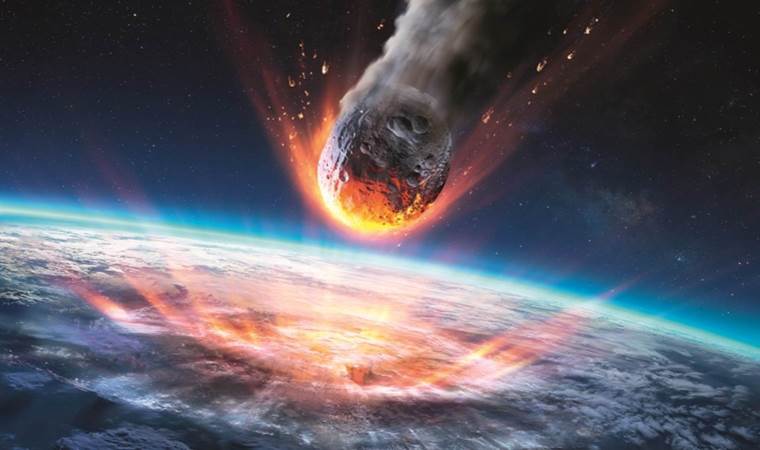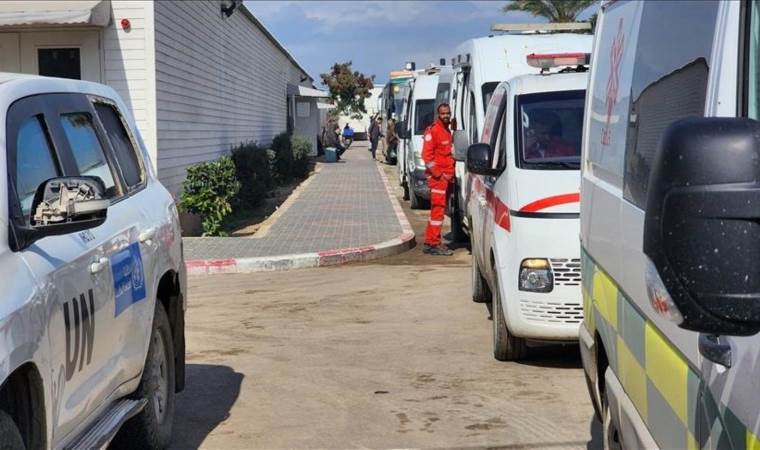Rocket expected to land on Moon now hurtling towards Earth... NASA responds: Does it pose a danger?
The NASA-supported Peregrine One Lander space shuttle, aiming for a lunar landing, failed its mission due to a fuel leak and is now rapidly heading toward Earth. Could the Lander pose a danger to people?
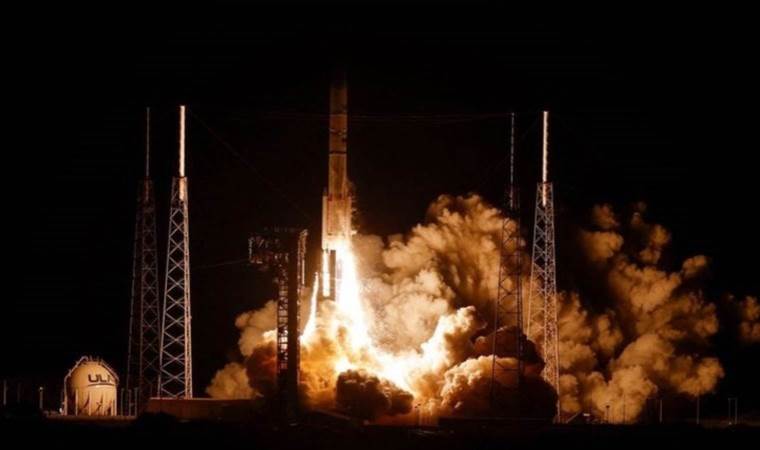
According to US media, had everything gone as planned, the Lander would have been the first US vehicle to land on the Moon since the 1970s Apollo program.
The primary goal of the mission was to land on the Moon and conduct reconnaissance for NASA's planned lunar missions in 2026. The Lander's plan involved conducting experiments on the lunar surface to answer questions about the Moon's composition and radiation levels.
Carrying the Remains of 330 People...
The Lander also aimed to create a "permanent memorial" on the Moon, carrying the remains or DNA samples of 330 people, including hair samples of George Washington and John F. Kennedy.
Unfortunately, things did not go as planned.
Private firm Astrobotic launched the NASA-supported Peregrine One Lander on January 8, but a fuel leak disrupted the mission and eliminated the chance of returning to the Moon.
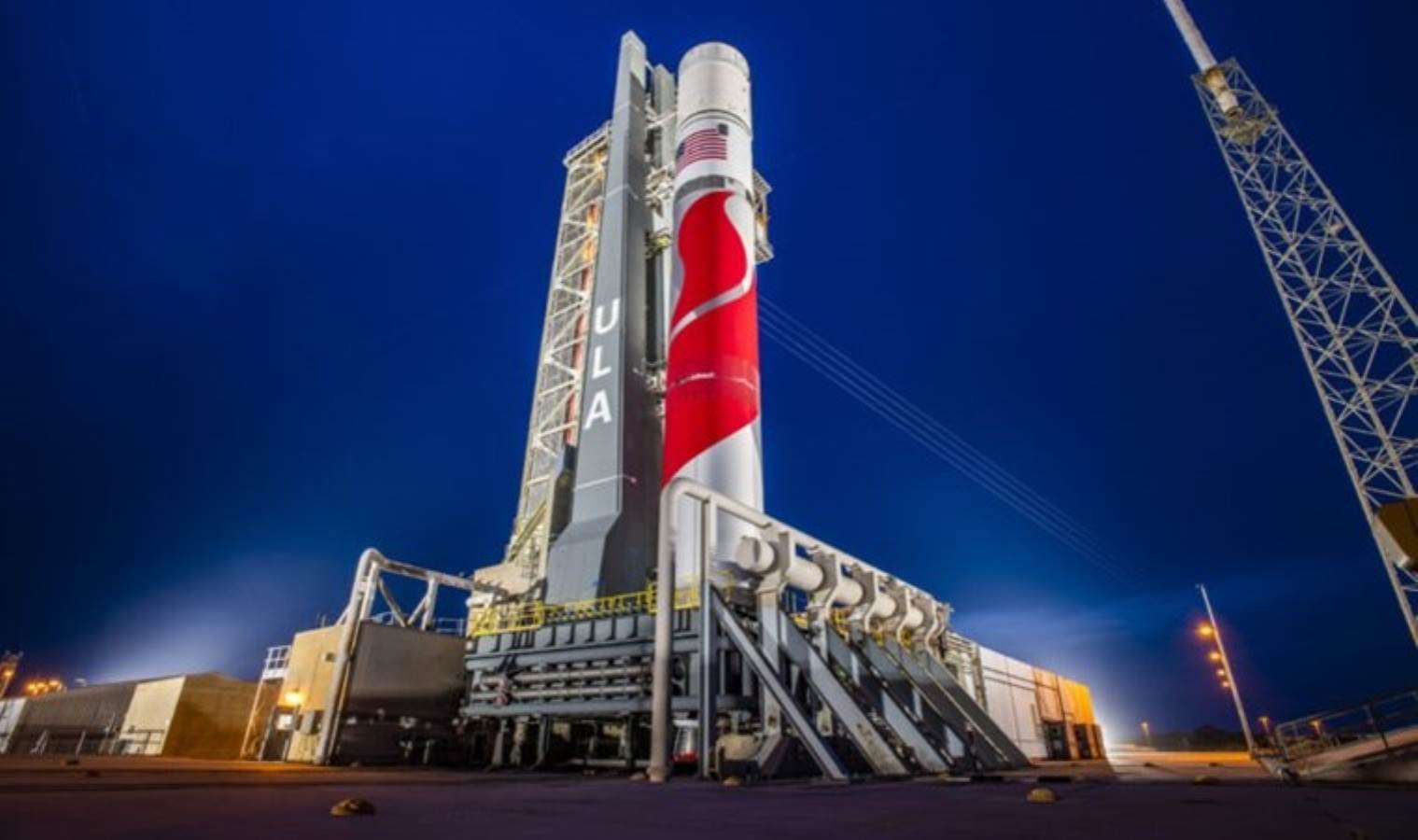
"To Burn Up in the Atmosphere"
On January 13, a NASA update on social media announced that the Astrobotic machine was rapidly approaching Earth and would soon burn up in the atmosphere.
The statement emphasized that "a soft landing on the Moon was not possible" and read:
"Our latest assessment now shows that the spacecraft is on a path towards Earth and will likely burn up in the Earth's atmosphere..."
Any Risk to People?
A further announcement on January 14 stated that the rocket was approximately 380,000 km away and the failed mission was expected to conclude by Thursday, January 18.
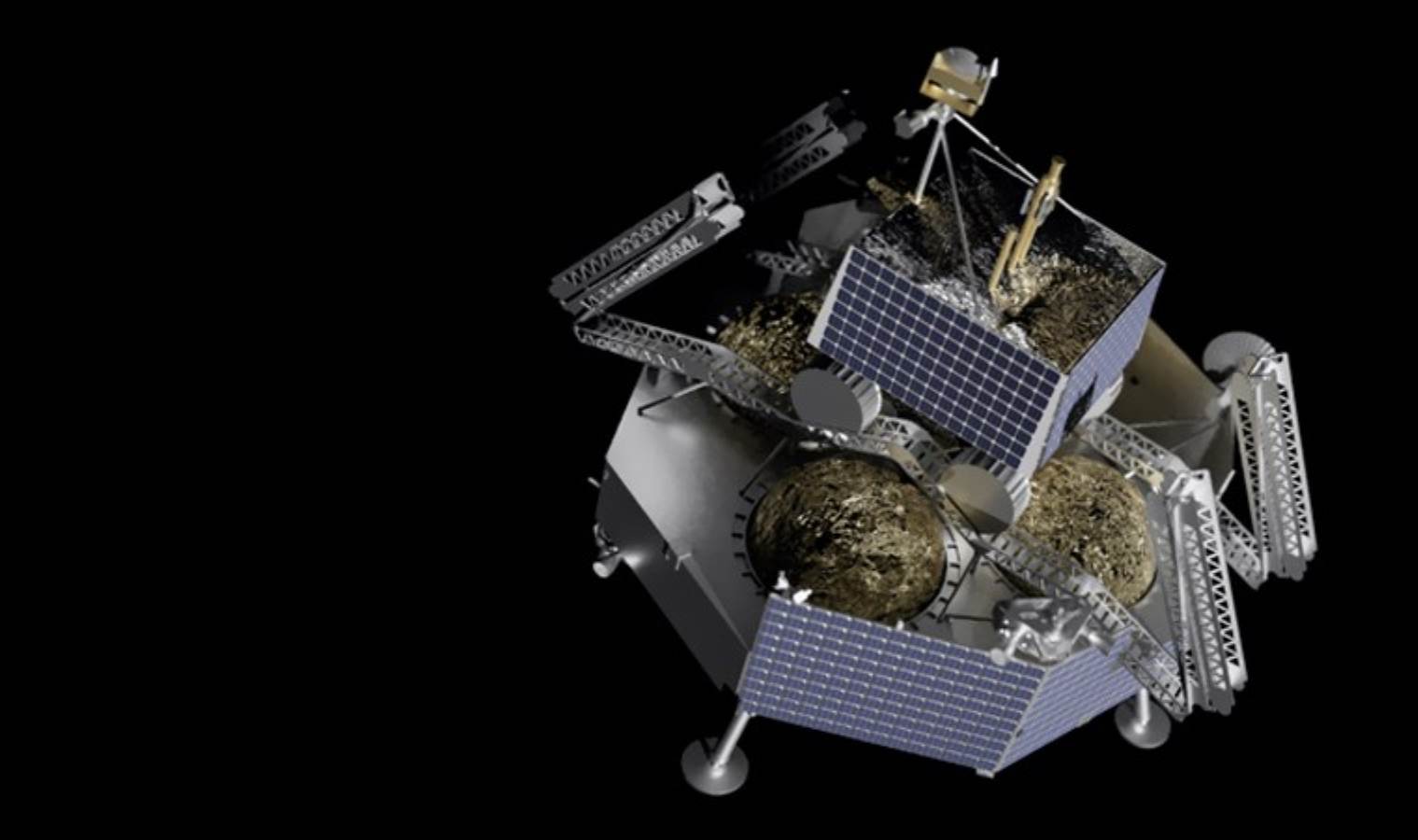
It was also emphasized that the falling Lander "does not pose any risk to people."
The statement also included the following:
"We continue to update and evaluate the controlled re-entry path with NASA. The entry does not pose safety risks. The spacecraft will burn up upon entering Earth's atmosphere..."
First Statement from the Company CEO
Astrobotic CEO John Thornton stressed that the overall failure should not overshadow the team's achievements.
In his statement, Thornton said:
"I want to express how proud I am of what our team has accomplished in this mission. It's a great honor to witness firsthand the heroic efforts of our mission control team in recovering and operating the spacecraft after Monday's propulsion system failure. I eagerly look forward to sharing these and many more remarkable stories after the mission concludes on January 18. This mission has taught us a lot and has given me great confidence that our next mission to the Moon will achieve a soft landing..."
Most Read News
-
 Paris prosecutor’s cybercrime unit launches search into
Paris prosecutor’s cybercrime unit launches search into
-
 Norwegian premier rejects Trump’s claim that US gets not
Norwegian premier rejects Trump’s claim that US gets not
-
 Syria, UN sign deal to rehabilitate 5 hospitals across v
Syria, UN sign deal to rehabilitate 5 hospitals across v
-
 NATO chief says allied forces will deploy to Ukraine 'in
NATO chief says allied forces will deploy to Ukraine 'in
-
 Israeli army uproots 200 grapevines in occupied West Ban
Israeli army uproots 200 grapevines in occupied West Ban
-
 Norway's crown princess invited at least twice to Epstei
Norway's crown princess invited at least twice to Epstei
-
 Lithuanian president warns of risks in ‘overly close’ ti
Lithuanian president warns of risks in ‘overly close’ ti
-
 WHO: 5 Gaza patients evacuated through Rafah crossing on
WHO: 5 Gaza patients evacuated through Rafah crossing on
-
 Trump sees early progress on Russia-Ukraine war as US ju
Trump sees early progress on Russia-Ukraine war as US ju
